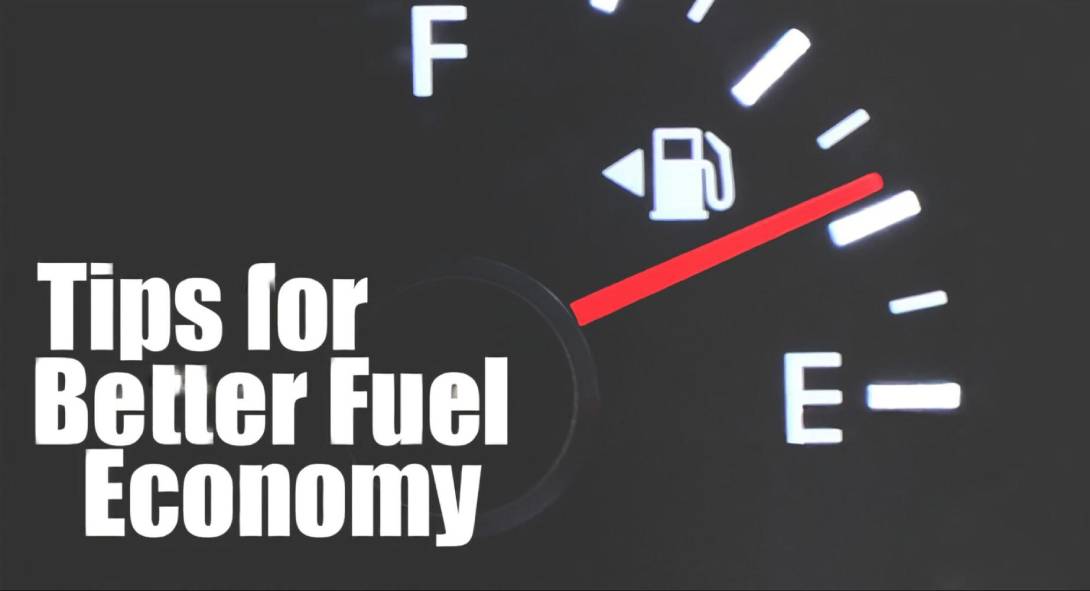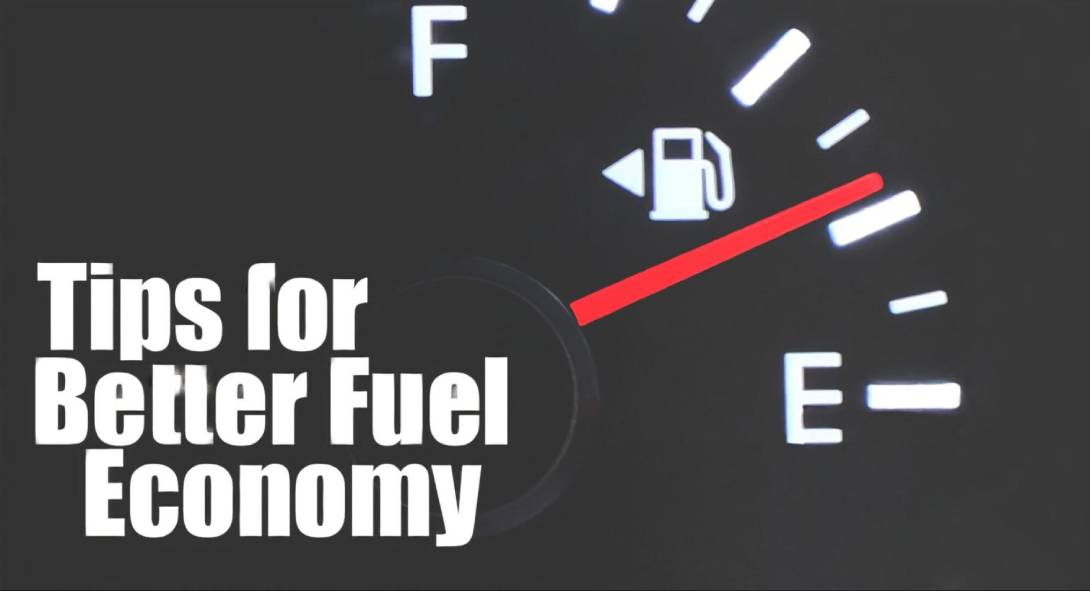Six Tips for Improving Fuel Efficiency on the UAE Roads



Fuel has become a large portion of people's budgets worldwide due to global inflation and the rising cost of living. Motorists are not the only ones who bear the brunt of high fuel prices. The effect trickles down to transportation and manufacturing industries as well.
While UAE residents had previously enjoyed lower fuel prices, an upward trend in recent months has changed the scenario. Even though gas prices have recently declined, it is advisable to be proactive and change your driving habits to reduce fuel consumption.
Studies suggest that driving style directly impacts CO2 emissions and fuel consumption per mile. Adopting economical driving styles can easily reduce the fuel bills and rate of emission by 25% when compared to aggressive driving behavior. Slight changes in driving style can have a significant impact on fuel economy.
According to a 2018 survey, rising fuel prices are among the top concerns of young car drivers in the Middle East. The survey, conducted via Twitter by Ford Middle East, received 19,000 responses from 20-35-year-old motorists in Oman, Kuwait, Lebanon, Jordan, Iraq, Bahrain, United Arab Emirates, and Saudi Arabia.
The fuel efficiency is a challenge many drivers in the UAE are facing. The fact is that how we drive dramatically influences how much fuel our cars use. One of the best ways to save money on gas is to drive at slower speeds, use the brake and gas pedals lightly, and use the cruise control whenever feasible.
In addition to these, it goes without saying that routine car maintenance is another way to ensure that you are saving money while paying for gas. To help you stretch your tank of gas further and avoid any future issues, we've listed the six best methods below.
Shifting gears at the right time
If you have a manual transmission vehicle, try shifting up as soon as possible. This helps to keep the engine revs low, resulting in a more economical and quieter ride. When you rev the engine unnecessarily or stay in a single gear for an extended period, you add unnecessary load to the engine, lowering fuel efficiency. It is not advised to rev the engine to the red line. There's no need to choke the engine to the point where it screams because most engines produce their peak power and torque in the mid-range. This is easily accomplished in vehicles equipped with automatic transmissions by accelerating smoothly and not exceeding the speed limit.
Inspect your wheels
Under-inflated tyres increase fuel consumption due to high friction. Research suggests that even the slightest underinflation can raise fuel consumption by a few percentage points, which adds up over time.
Visiting a licensed technician is the best way to determine the proper tyre pressure for your vehicle. Additionally, you can buy new, fuel-efficient tyres online from the comfort of your home..
Besides, you can fill nitrogen in the tyres, as it is less sensitive to pressure changes due to temperature changes.
Make sure the wheels of your vehicle are properly aligned. Visit your local mechanic for wheel alignment in Dubai and make an appointment right away if you notice your car or SUV pulling to one side or that the steering wheel is not centered.
Regularly service your vehicle.
Maintain the health of your vehicle by servicing the engine and changing the oil. Regular maintenance of your car has a significant impact on its fuel consumption. Regular engine servicing keeps your vehicle running smoothly and saves you money and hassles in the long run.
Oil change
Engine oil lubricates your engine’s internal parts to reduce wear and tear. Of course, a well-maintained engine results in better performance, which can increase fuel efficiency. When oil becomes dirty, depleted, oxidized, and contaminated over time, it puts your engine and its performance at risk. Regular oil changes can improve engine performance and fuel economy. Make sure you use the correct grade engine oil for your vehicle and that the air filter is cleaned and replaced as needed. Never delay or ignore oil change services, and your vehicle shall last for decades without giving you any major trouble.
Cut back on idling and AC use
You might want to turn off your air conditioning and get some fresh air during the winter and cooler evenings. Doing so can significantly reduce your car's fuel consumption due to high drag coefficient with the windows rolled down. Also, you should turn off the ignition or use the Auto Start-Stop function while waiting at the red light to save fuel.
Don't load up!
A daily driver should follow the same philosophy as a frequent flier. We all tend to collect items in our cars, most outdated and pointless, but we justify them by saying they are helpful or sentimental. Clothes, shoes, sporting goods, and other items we were supposed to drop off at a friend's house are among the usual suspects. A lower mass means less energy is burned to propel the car, which translates to better fuel economy.
Throttle body cleaning
A dirty throttle body can cause your engine to burn more fuel while delivering less power than usual. The carbon build-up in the throttle body obstructs the air intake, and as a result, the overall throttle performance may feel a bit sluggish. A clogged throttle body can also cause fluctuations in idle RPM. That being said, it is critical to have your throttle body cleaned at least once in two years.
Conclusion
Finally, obeying speed limits, having your vehicle regularly maintained, and driving safely can help you save up to 40% on fuel. A full car inspection is the best way to ensure that your vehicle is in good condition and has good fuel economy. While there is nothing we can do to stop the rising fuel cost, we hope that these suggestions have assisted you in determining what may be causing an increase in your fuel budget.



